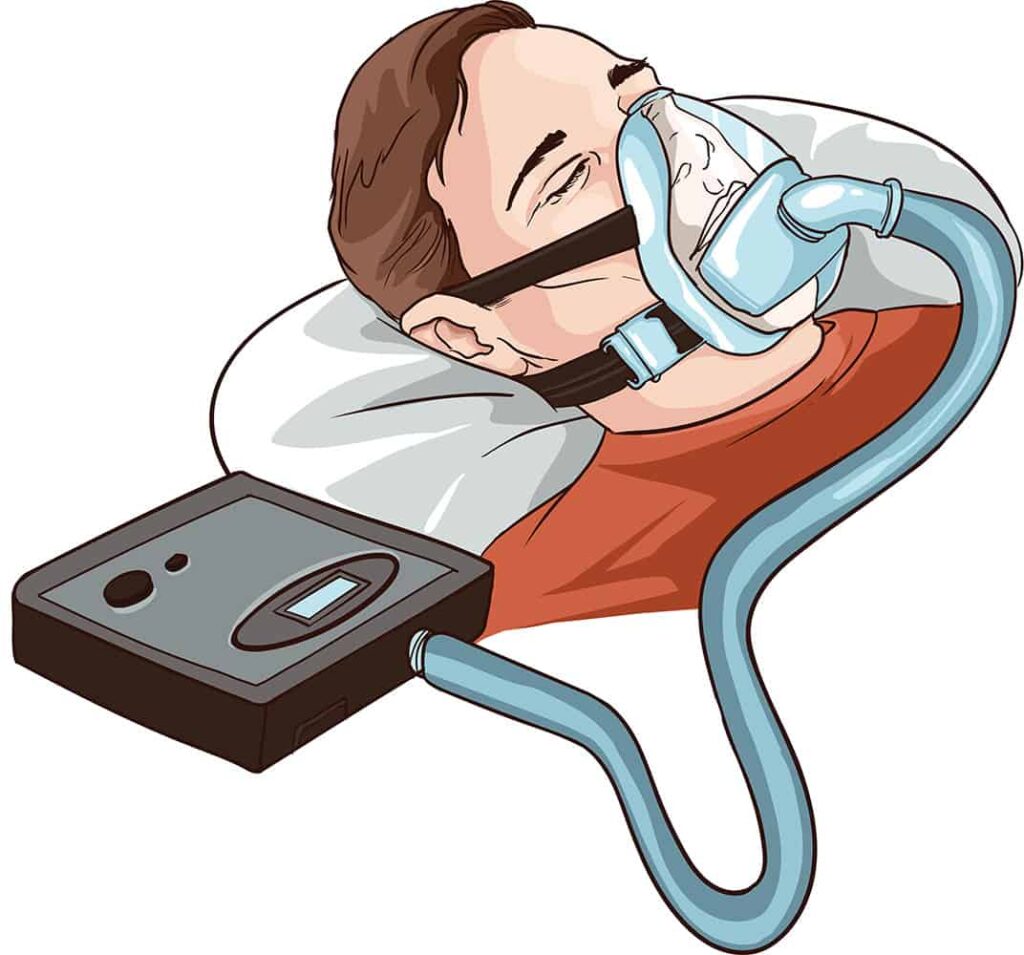Sleep Apnea: Causes, Symptoms, and Effective Treatments in Memphis
Snore No More!
Is your snoring costing your relationship with your partner?
Are you having poor quality sleep?
Are you feeling tired and drowsy throughout the day?
Do not fret anymore! We can offer a more comfortable solution to your concerns. At Advanced Dental Implant & TMJ Center, we can provide you with an oral appliance that would prove to be an effective solution to your snoring problems.
Many people suffer needlessly from dangerous sleep disruptive disorders that keep them from getting enough oxygen at night. A heart attack risk is 23 times more likely than average with a sleep disorder, and 92% of stroke victims live unknowingly with this condition before an attack.
Dr. Adatrow intensively trained at the University of Tennessee hospital for dental sleep medicine and is an expert in treating sleep apnea. He has experience of more than 17 years. He takes the utmost care of his patient and thrives for the comfort and welfare of his patient. Our modern office includes state-of-the-art sedation equipment to make the experience as enjoyable as possible for the patients. Moreover, our training allows us to offer you education and treatment surrounding sleep health most simple and cost-effectively possible.

Benefits of
Sleep Apnea Treatment
Ready to get started?
Reach us now to schedule your consultation
Frequently Asked Questions on Obstructive Sleep Apnea
What is sleep apnea?
What are the types of sleep apnea?
- Obstructive sleep apnea (OSA) – This is the most common type of sleep apnea observed. It occurs by physical blockage (partial or complete) created by the collapsing of soft tissues at the back of the throat.
- Central sleep apnea (CSA) – In this type, breathing ceases because the muscles involved do not receive the brain's proper signal. This is a less common type. It can't be treated by oral appliance
- Complex sleep apnea syndrome – This is a combination of both OSA and CSA.
What Is Obstructive Sleep Apnea (Osa)?
What are the causes or risk factors for sleep apnea?
- Excessive body weight
- Smoking
- Family history
- Men
- Elderly individuals
- Nasal congestion
- Increased neck circumference
- Use of alcohol or sedatives



